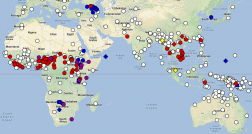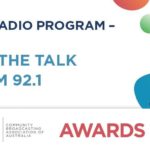It’s official: English is one of the weirdest languages in the world.
No matter how normal it seems to you, it engages in a variety of bizarre activities compared to the world’s other languages. What makes English so unusual? And which languages are even weirder?
Linguist Daniel Midgley explains the strangeness on this episode of Talk the Talk.
Listen to this episode
You can listen to all the episodes of Talk the Talk by pasting this URL into your podlistener.
http://danielmidgley.com/talkthetalk/talk_classic.xmlIt seems normal to us, but on the scale of things, English is one of the weirder world languages. How do I know? Because Tyler Schnoebelen broke it down in a blog post for Idibon. He used WALS, the World Atlas of Linguistic Structures, to find out which languages use the most common and least common strategies along many linguistic parameters. Basically, a language is weird if it does what the fewest languages do, the majority of the time.
So you can check out Schnoebelen’s piece, or you can listen to us talking about it. Or both! The advantage of the podcast is that it contains 40% more weirdness.
Oh, and to Tyler Schnoebelen: I’m sorry if I didn’t pronounce your name correctly.
Show notes
Here’s the blog post from Tyler Schnoebelen of Idibon
http://idibon.com/the-weirdest-languages/
Here’s WALS, the World Atlas of Linguistic Structures, from whence the data came. It’s amazing.
http://wals.info/
For example, here’s the map that shows which languages have ‘theta’ and ‘eth’ (plus a few others).
http://wals.info/feature/19A?tg_format=map&v1=cfff&v2=d000&v3=cff0&v4=s00d&v5=cd00&v6=dd00&v7=sd00









